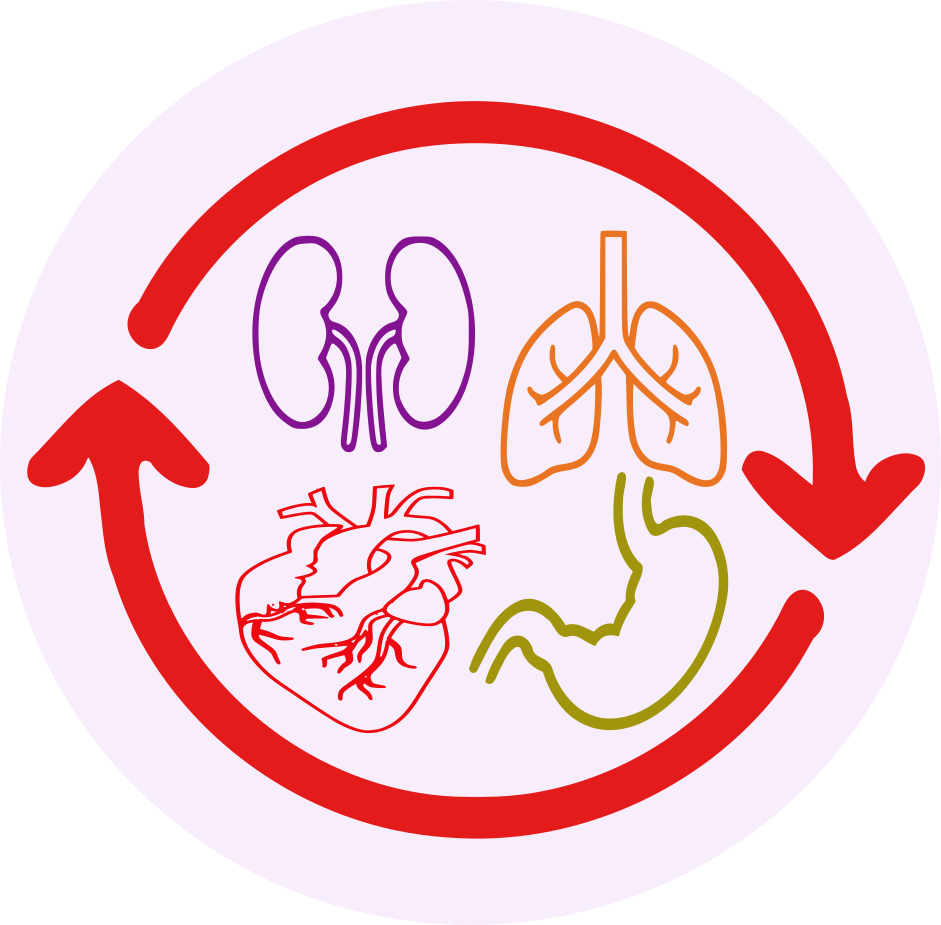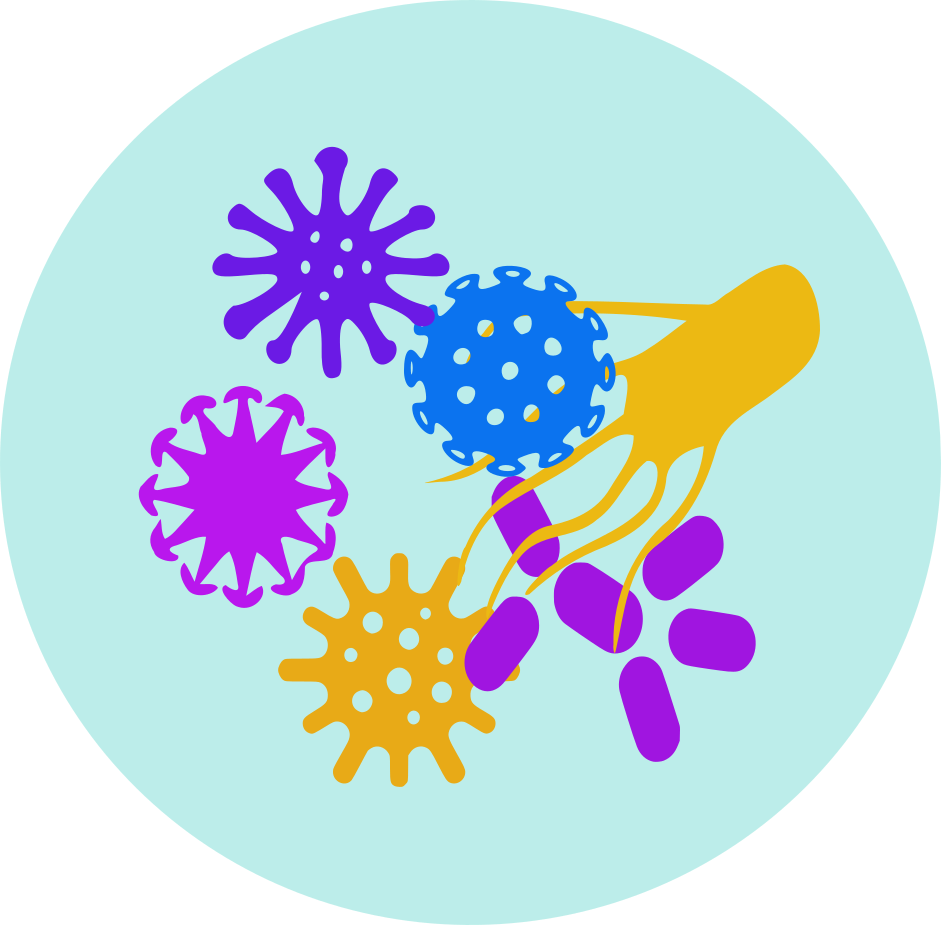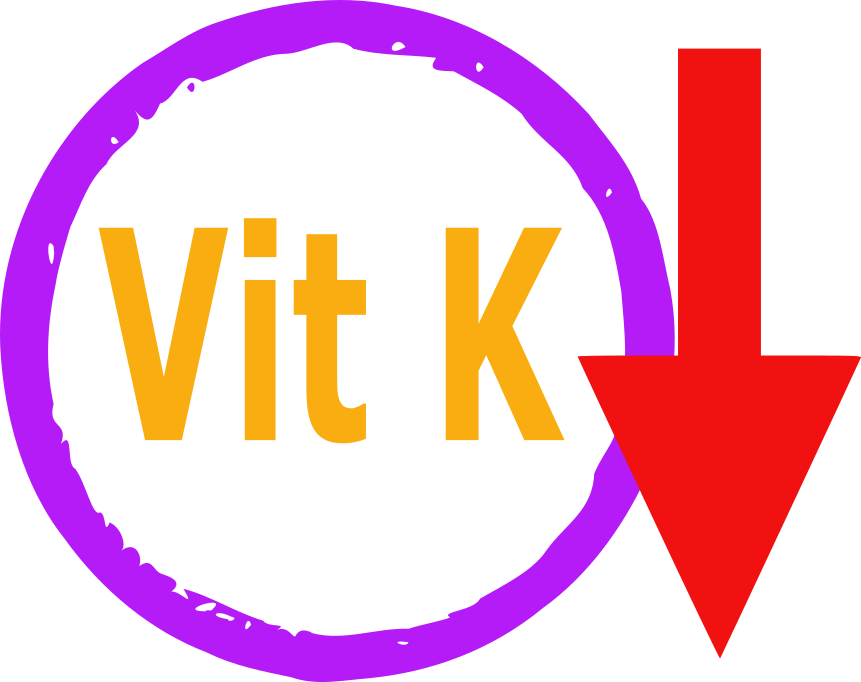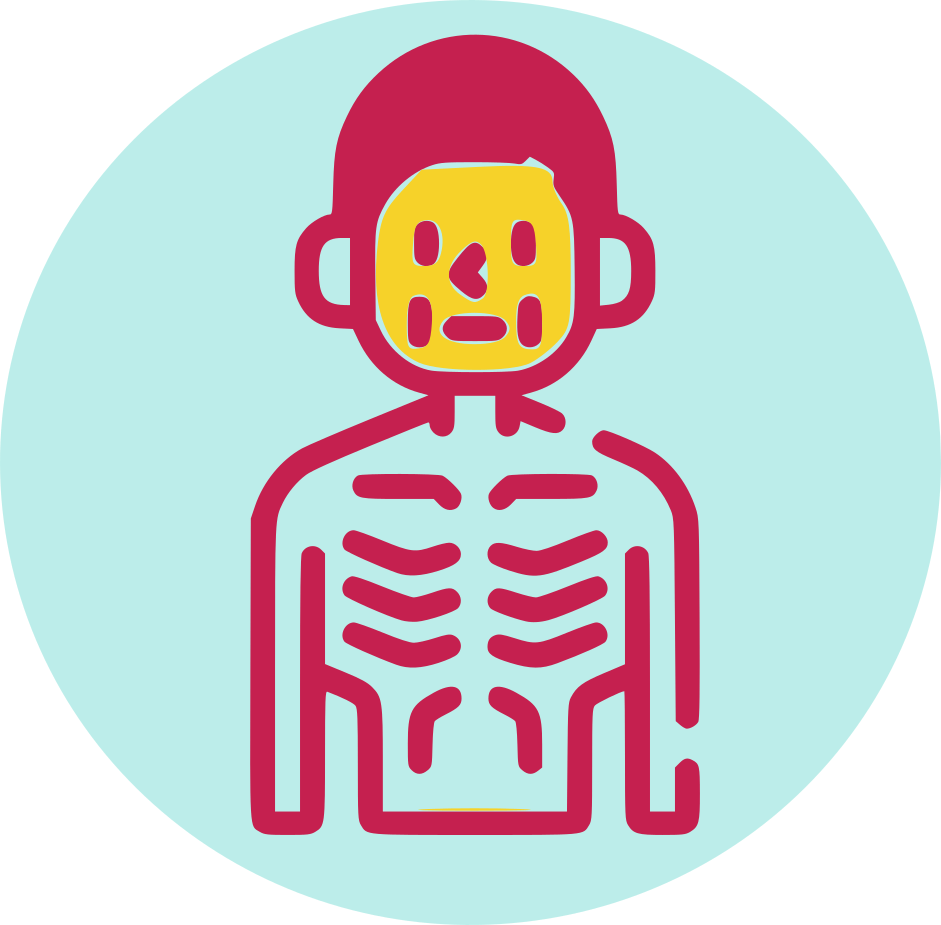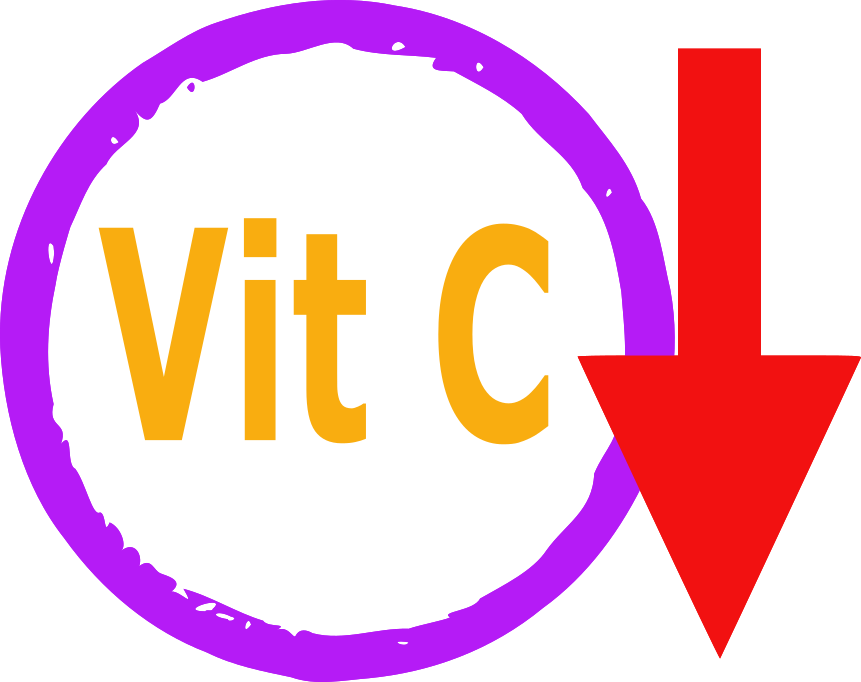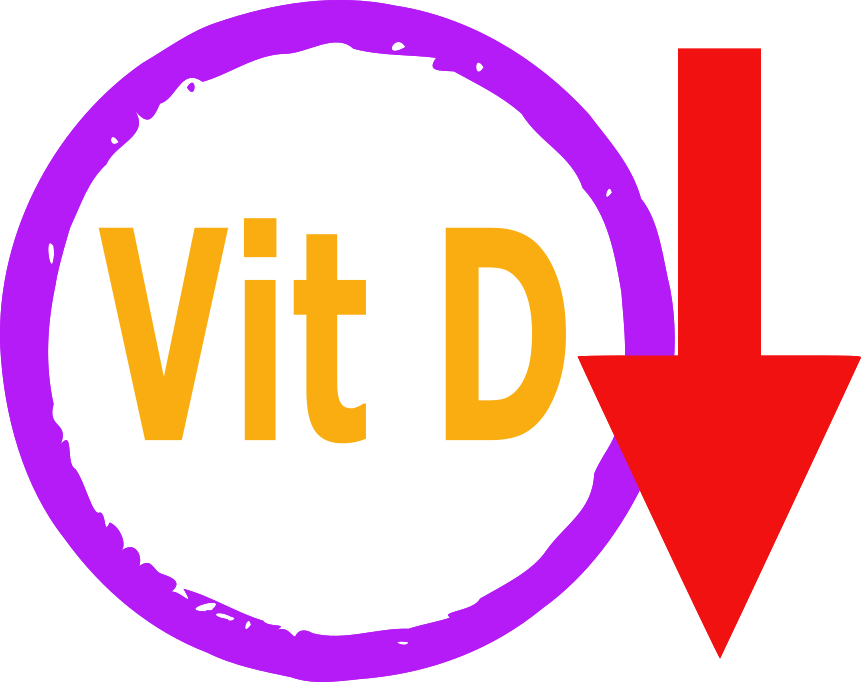| Name | Biotin + Cyanocobalamin + Folic Acid + Nicotinamide + Pantothenic acid + Pyridoxine Hydrochloride + Riboflavin + Vitamin A + Vitamin B1 + Vitamin C + Vitamin D + Vitamin E + Vitamin K |
| Classes |
Nutritional Supplement Mineral and Vitamin Combination |
| Diseases |
Malnutrition Vitamin and Mineral Deficiency |
Biotin + Cyanocobalamin + Folic Acid + Nicotinamide + Pantothenic acid + Pyridoxine Hydrochloride + Riboflavin + Vitamin A + Vitamin B1 + Vitamin C + Vitamin D + Vitamin E + Vitamin K
- Biotin: Biotin aids the body's conversion of food into energy and serves a variety of other functions in the body. Biotin improves the health of the hair and nails, promotes a healthy pregnancy, and aids in the management of blood sugar levels, among other things.
- Vitamin D: It is a fat soluble vitamin that helps the body to absorb calcium and phosphate. It plays an important role in bone and teeth formation.
- Cyanocobalamin: Cyanocobalamin is the synthetic form of vitamin B12, which is metabolized by the body into the active form. Vitamin B12 is required for the proper function and development of almost all the organ systems, including the brain, nerves, and blood cells. Methyl cobalamin is the active form of vitamin B12.
- Vitamin E: It has antioxidant properties. This means that it protects body tissue from damage caused by free radicals. Free radicals can cause damage to cells, tissues, and organs. They are thought to play a role in certain aging-related conditions. It aids in the defense of the immune system against viruses and bacteria. It aids in the formation of red blood cells and the widening of blood vessels, which prevents blood from clotting within them.
- Pantothenic acid: It is the synthetic form of vitamin B5. It helps to produce energy from the food we take. Vitamin B5 is an antioxidant and a neural component that aids in immune system and neural function enhancement. It also helps with fat metabolism and stress reduction.
- Folic acid: Folic acid plays an important role in DNA, RNA and Protein biosynthesis. Folic acid is converted into tetrahydrofolate in the body which is the active form.
- Nicotinamide: Nicotinamide is converted into two essential coenzymes in the human body: nicotinamide adenine dinucleotide (NAD) and nicotinamide adenine dinucleotide phosphate (NADP). Many important events require both NAD and NADP, including energy synthesis, DNA repair, and cell death regulation.
- Pyridoxine HCl: Pyridoxine Hydrochloride is a water soluble form of pyridoxine or Vitamin B6. Vitamin B6 is a vitamin that benefits the central nervous system and metabolism. Its roles include turning food into energy and helping to create neurotransmitters, such as serotonin and dopamine.
- Riboflavin: Riboflavin, also known as vitamin B2, acts in conjunction with the other B vitamins. It is necessary for the development of the body. It aids in the formation of red blood cells. It also assists in the energy release from proteins. Riboflavin aids in the conversion of carbohydrates to adenosine triphosphate (ATP).
- Vitamin B1: Vitamin B1 allows the body to utilize carbohydrates for energy. It is required for glucose metabolism and is important for nerve, muscle, and cardiac function.
- Vitamin A: Also known as retinol, vitamin A serves several functions. It Aids in the proper functioning of the body's natural defense against illness and infection (the immune system). It also aids vision in low-light situations. It is essential for the health of the skin and the lining of some body parts, such as the nose.
- Vitamin K: Vitamin K plays a key role in blood clotting , preventing excessive bleeding. Unlike many other vitamins, vitamin K is not typically used as a nutritional supplement. Vitamin K is actually a group of compounds, the most important of these compounds appears to be vitamin K1 and vitamin K2. Vitamin K1 is obtained from leafy greens and some other vegetables. Vitamin K2 is a group of compounds largely obtained from meats, cheeses, and eggs, and synthesized by bacteria.
is indicated for the following conditions-
- Stressful conditions like- Chronic diseases, infections, pregnancy, lactation, old age.
- Malnutrition
- Vitamin deficiency
- Mineral deficiency
- Prophylaxis and treatment of conditions/ diseases associated with vitamin/mineral deficiency
One or two capsule/ tablet a day; or as directed by your physician.
This is a well tolerated combination. Although uncommon, the user may experience following side effects-
- Rash
- Urticaria
- Abdominal pain
- Nausea
- Taste disturbances
- Allergic patients who are sensitive to the Thiamine (Vitamin B1) and nicotinamide components of this product may experience anaphylactic responses.
- Sneezing or moderate asthma are warning indications that more injections or infusions may cause anaphylactic shock.
- Renal function should be monitored in compromised patients.
Contraindication
Contraindicated in patients hypersensitive to any component of the preparation.
None known.
There is no known contraindications of the preparation in terms of health condition.
 Bangla
Bangla English
English